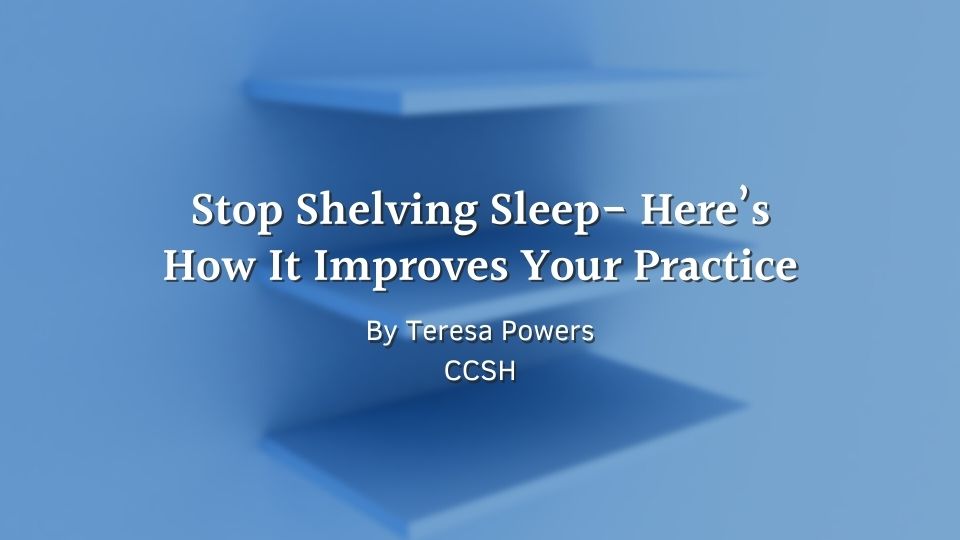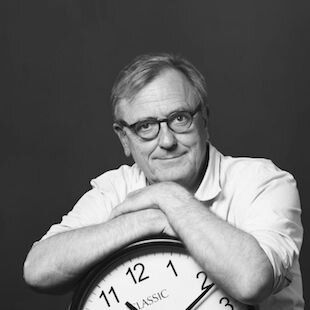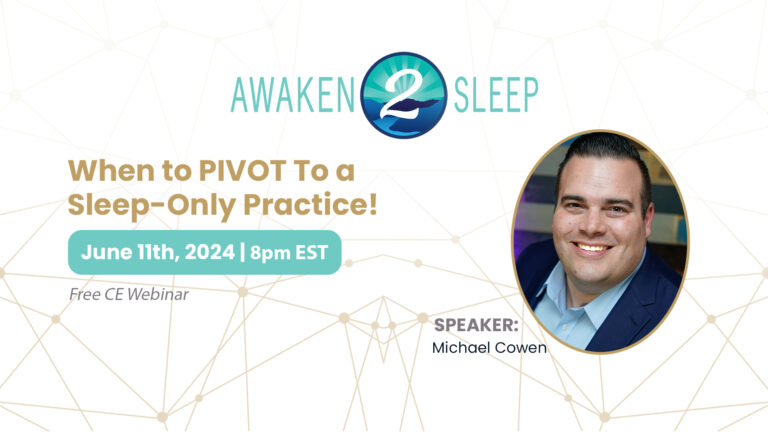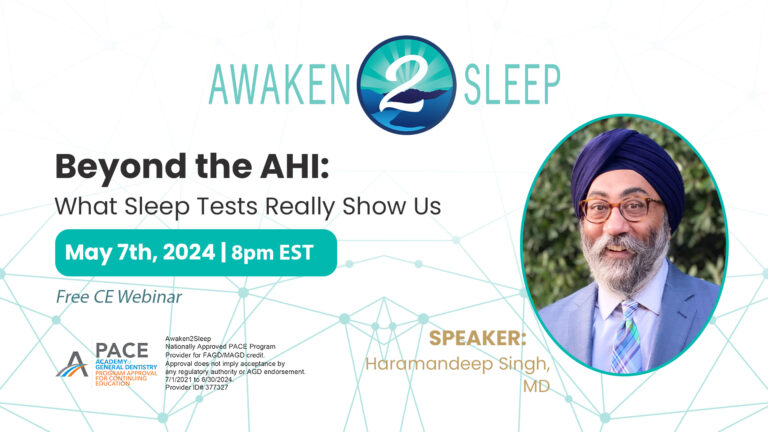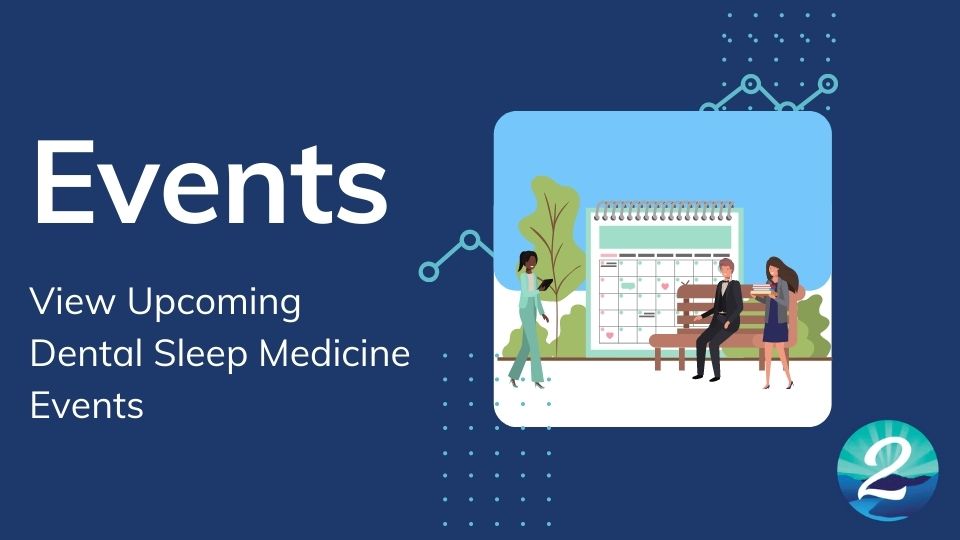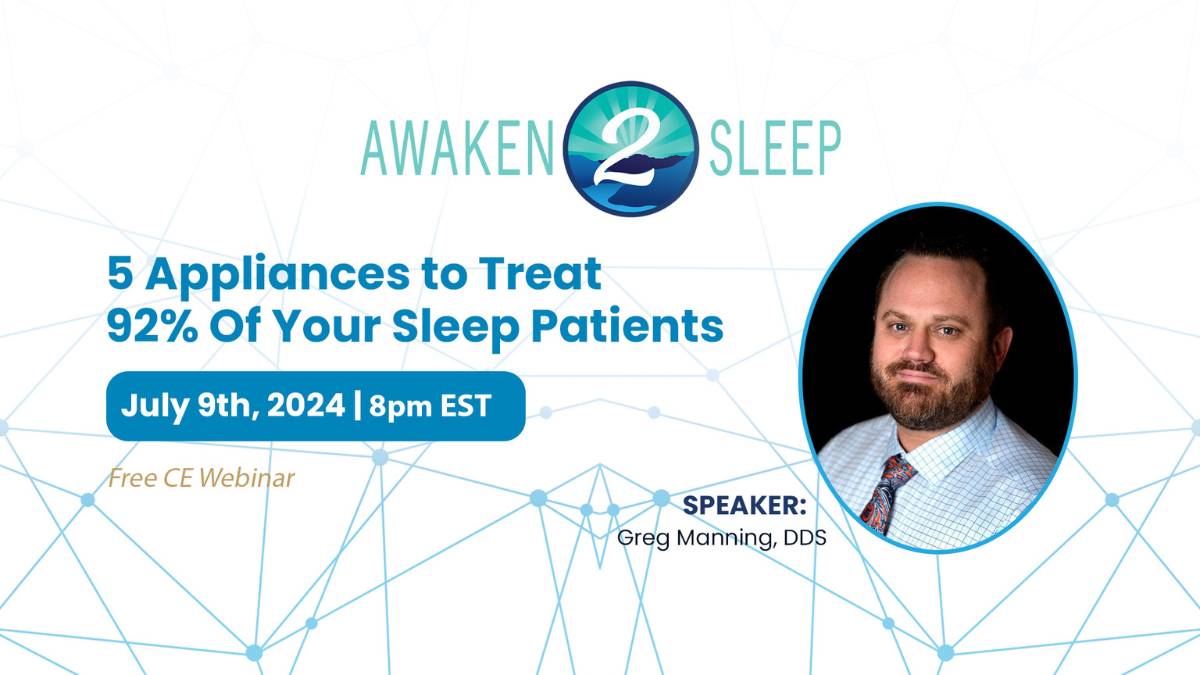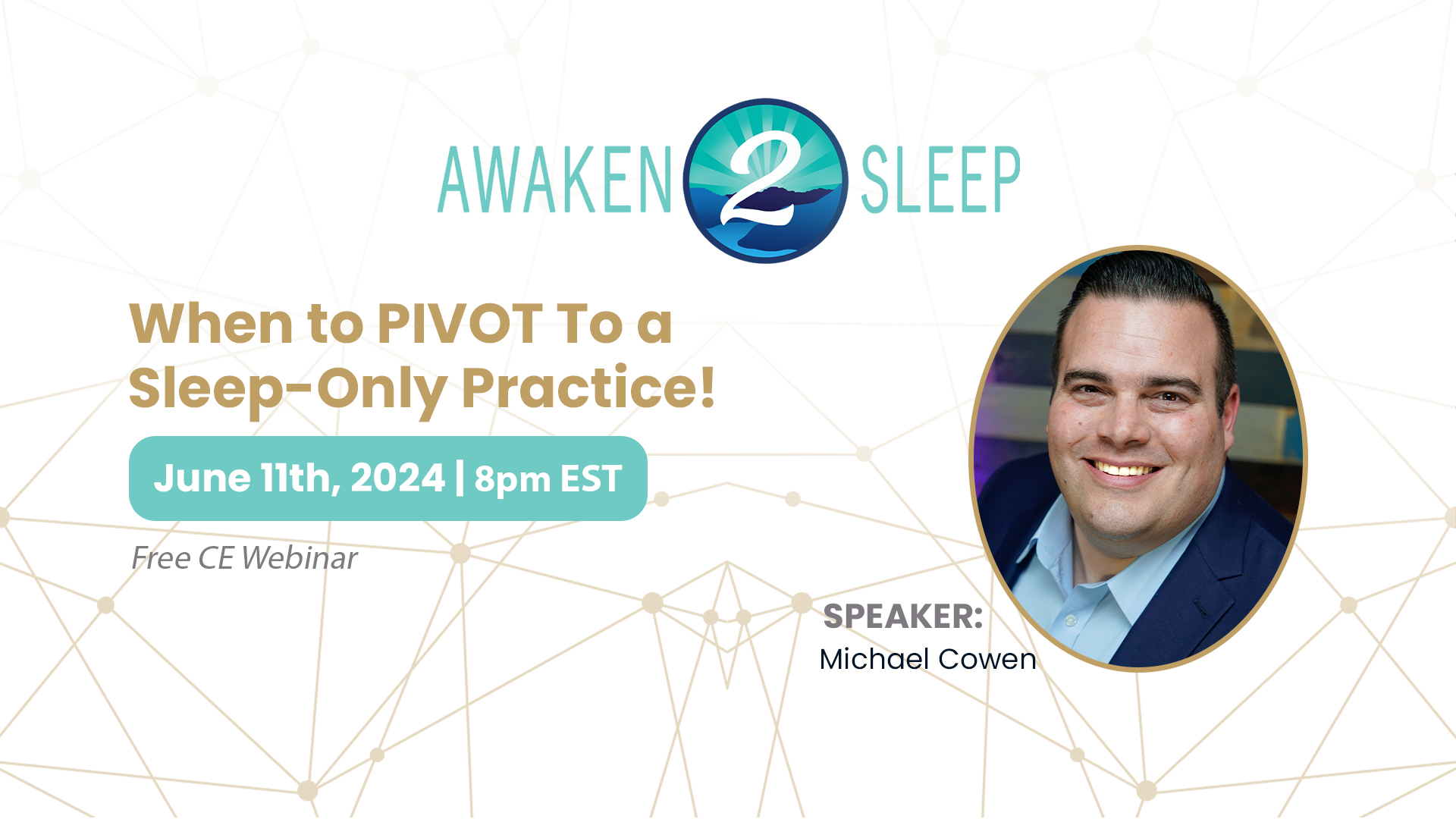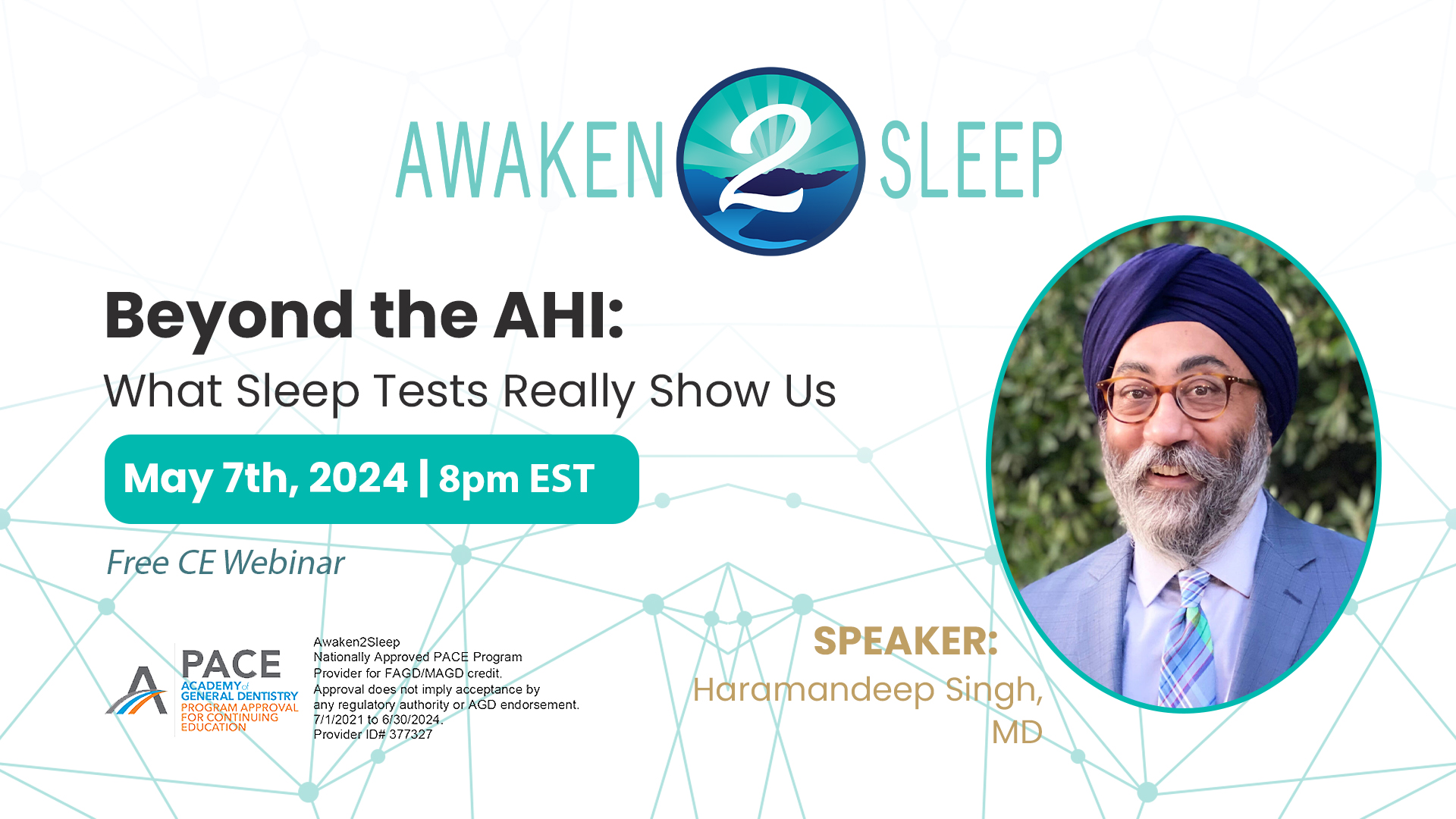A sleep researcher tweets at 2am. Clinicians and coaches re-share at all hours of the night. A dentist gets scanned for an oral appliance after years of encouragement from the spouse. An RDH discusses sleep hygiene with all patients, but has been putting off her own appointment for CBT-I. An Oral Appliance manufacturer rep admits he’s barely worn his own device…
We know that sleep is imperative for optimized health and enhanced performance. So why are we, as healthcare professionals, so bad at following our own advice about sleep health?
Sometimes we want to help those we care about before helping ourselves. Sometimes we want to help those we care about instead of helping ourselves.
Why do you think airplane instructions for using an oxygen mask are so blatantly clear? If someone didn’t tell you to put your own mask on before assisting others, what would you inherently do?
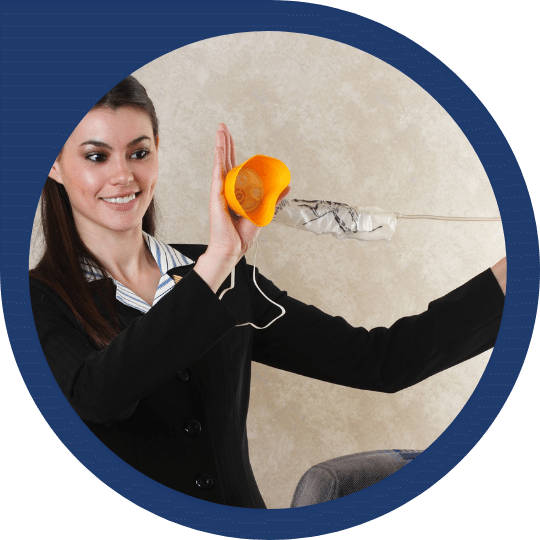
When it comes to your personal wellbeing and sleep health, you might be doing the same thing.
The consequences of untreated obstructive sleep apnea (OSA) can be life-threatening. We all know the data on increased risk of heart attack and stroke. We understand OSA’s potential to worsen mood disorders and increase sexual dysfunction. There are even reports that show snoring as the third most common reason for divorce; and yet, healthcare professionals are often part of the un-slept masses!
Of course, snoring and OSA aren’t the only sleep disruptors. Due to the tremendous adjustments we’ve had to make since last year, there is a worldwide increase in stress, alcohol use and prescription drugs for depression and anxiety. These behaviors can also increase incidence of insomnia, sleep fragmentation, and parasomnias. Despite this, we forget to prioritize sleep because we’re busy with the million other things we have going on. And as we do these things, we tell ourselves that same little lie–as soon as we are less busy, we will focus again on our own wellbeing. I read a quote by Dr. Till Roenneberg that all of us busy people should keep in mind:
So what does sleep make possible? Perhaps most importantly to a person working in a patient’s mouth, with small instruments, wearing multiple layers of PPE, is the ability to execute complex motor skills. Quite frankly, if your coordination and motor skills aren’t up to par, no one wants you messing around with a scanner or impression material in their mouth.
The study, “Sleep-Dependent Learning and Motor Skill Complexity” (1) explains why. Picture learning to tap your fingers in a sequence. Some sequences are simple- they involve 5 steps on one hand. Some sequences are complex and involve 9 steps and both hands. The more complex the motor skill, the greater the impact of quality sleep. In this study, 5-step finger tap sequences improved by 17.7% and 9-step sequences improved 28.9%, overnight! This proves that improvement of motor skills isn’t just supported by sleep afterwards- it is dependent on sleep afterwards.
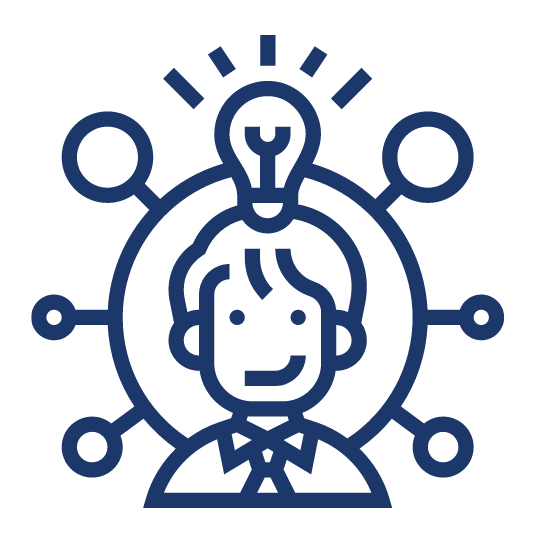
During post-training consolidation, or “offline learning,” our brains continue to process and reorganize new information. New information and new skills are moved from short-term to long-term memory in the cortex during REM sleep. If you’re not getting quality sleep after learning, you’re missing out on “pressing save” on these memories.
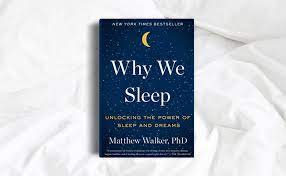
Whether you’re studying in residency, working through the AADSM mastery, or participating in a weekend CE course, sleep before learning is just as critical. Neuroscientist Matthew Walker, Ph.D. often references a study of healthy college students who were kept awake for one night, and then tested against their well-slept counterparts: The sleep-deprived group demonstrated up to a 40% deficit in their brains’ ability to learn and make new memories.
It doesn’t stop with better recall of facts and information- sleep can also impact the way you understand and interact with other people. Healthy REM sleep helps to fine-tune empathy and improves one’s ability to read facial expressions. You’re better able to read the facial expressions and emotions of others and react appropriately. Otherwise, your brain has trouble noticing the difference between anger and disappointment, concern and curiosity. The awareness of these subtle emotional expressions can have a significant impact on interactions with patients and colleagues (not to mention your spouse).
Consider this very common scenario: your patient has been diagnosed with OSA and you’re talking to them about OAT for the first time. Is this person quiet and agreeable, or are they quiet because they are going to refuse treatment the minute you leave the room? Maybe they seem nervous about the cost. Are they unwilling to pay the associated fee, or do they just need more information about their payment options and the long-term care you are providing?
Sleep can improve motor skills, learning and empathy. Don’t your patients deserve this well-slept, more coordinated version of you?
The success of your team and appreciation from your patients might rely on a “YOU” taking care of yourself and your sleep health.
So please, remember to put on your own “mask” while you’re helping others.
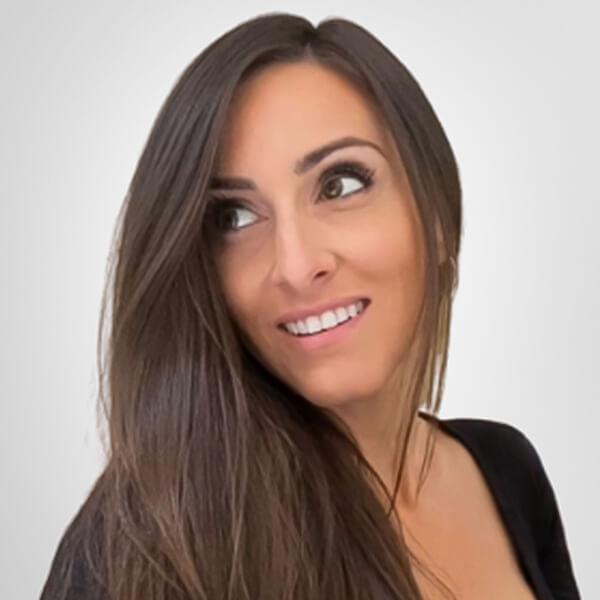
Teresa Power has over 13 years of experience in medical and dental sales and consulting, and recently achieved her Certification in Clinical Sleep Health (CCSH). Her goal is to improve awareness about sleep health, disorders, and treatment options among both patients and medical providers. She shares that goal with her colleagues at SomnoMed, where she is the Regional Manager for the Northeast “medical initiative” team.

